Search
Remove Ads
Advertisement
Summary 
Loading AI-generated summary based on World History Encyclopedia articles ...
Search Results
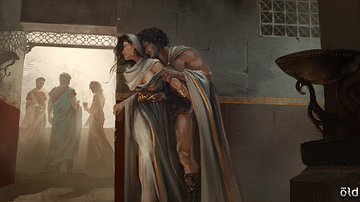
Article
Prostitution in the Ancient Mediterranean
Prostitution in the ancient world usually referred to a classification of women and men who offered their sexual services outside the parameters of law codes for ancient society. The word 'prostitute' derives from the Latin prostituere ("to...
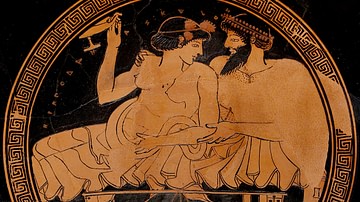
Article
Prostitution in Ancient Athens
Prostitution in ancient Athens was legal and regulated by the state. During the Greek Archaic Period (c. 800-479 BCE) brothels were instituted and taxed by the lawgiver Solon (l. c. 630 - c. 560 BCE), and this policy continued into the Classical...

Definition
Hetaira
A hetaira (pl. hetairai) was an educated female prostitute in ancient Greece and a common participant in symposia or drinking parties in private homes. Sometimes referred to in English as a courtesan, the Greek term hetaira was a euphemism...

Article
Herodotus on Lydia
Herodotus’ narrative on Lydia takes up almost one half of Book I of his Histories and the section dealing with King Croesus is among the best-known and often anthologized. The last section, in which he discusses Lydian women as prostitutes...
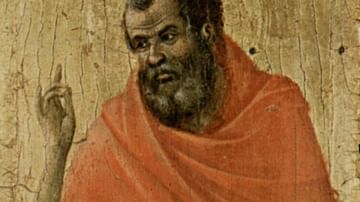
Definition
Hosea
Hosea is listed as the first of the twelve minor prophets in the Hebrew Bible. He was active in the 8th century BCE and his ministry extended over 60 years, from King Jeroboam II (787-747 BCE) to King Hoseah (731-722 BCE). He was one of the...

Article
Ancient Christianity’s Effect on Society & Gender Roles
Christianity began as a sect of Judaism in Judea in the 1st century CE and spread to the cities of the Eastern Roman Empire and beyond. In these cities, non-Jews, Gentiles, wanted to join the movement, and these Gentile-Christians soon outnumbered...

Article
Love, Sex, and Marriage in Ancient Egypt
Although marriages in ancient Egypt were arranged for communal stability and personal advancement, there is evidence that romantic love was as important to the people as it is to those in today. Romantic love was a popular theme for poetry...
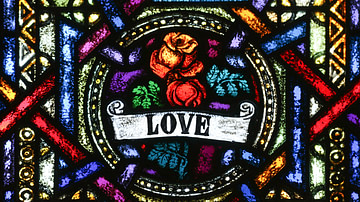
Article
LGBTQ in Early Christianity
In modern debates concerning homosexuality, same-sex marriages, and gender identification, it is popular to turn to the Bible for passages to validate a position. Modern culture attributes many elements in understanding homosexuality, but...

Definition
Temple
A temple (from the Latin templum) is a structure usually built for the purpose of, and always dedicated to, religious or spiritual activities including prayer, meditation, sacrifice and worship. The templum was a sacred precinct defined by...
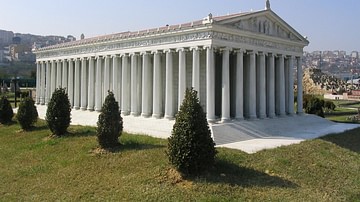
Definition
Temple of Artemis at Ephesus
The Temple of Artemis at Ephesus was located on the western coast of Asia Minor (modern Turkey) and built in the 6th century BCE. Such was its tremendous size, double the dimensions of other Greek temples including the Parthenon, that it...